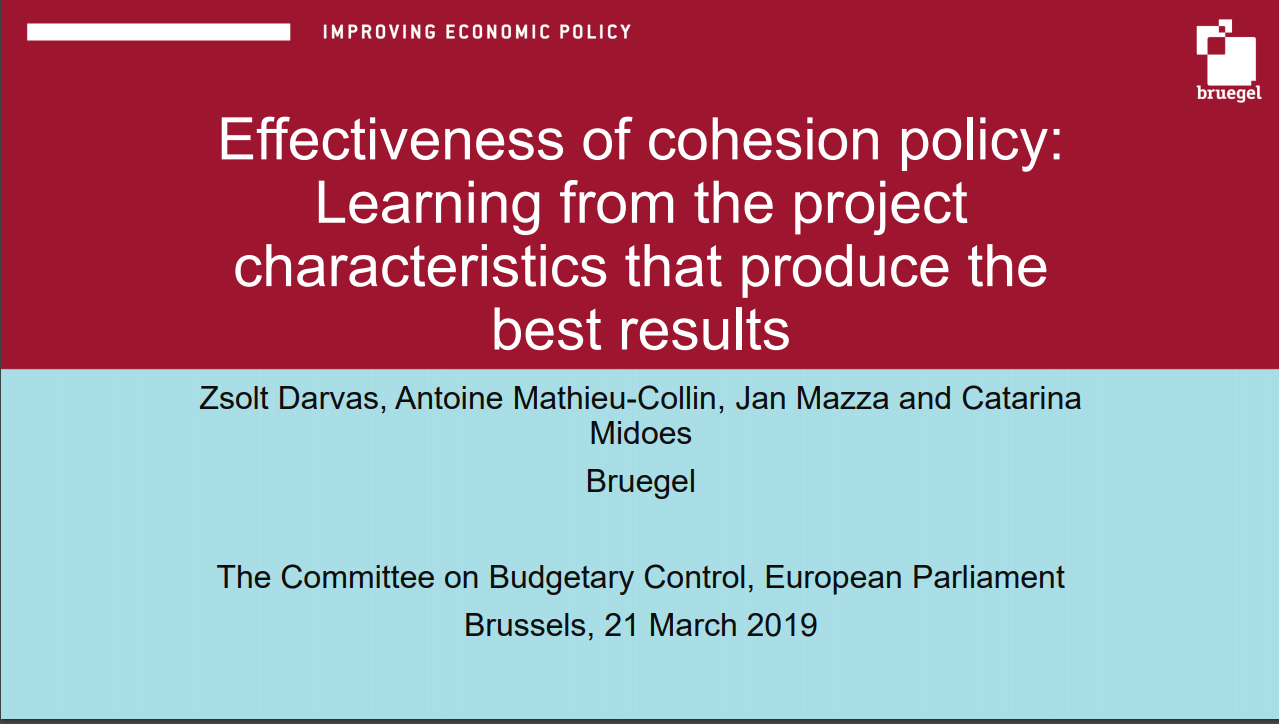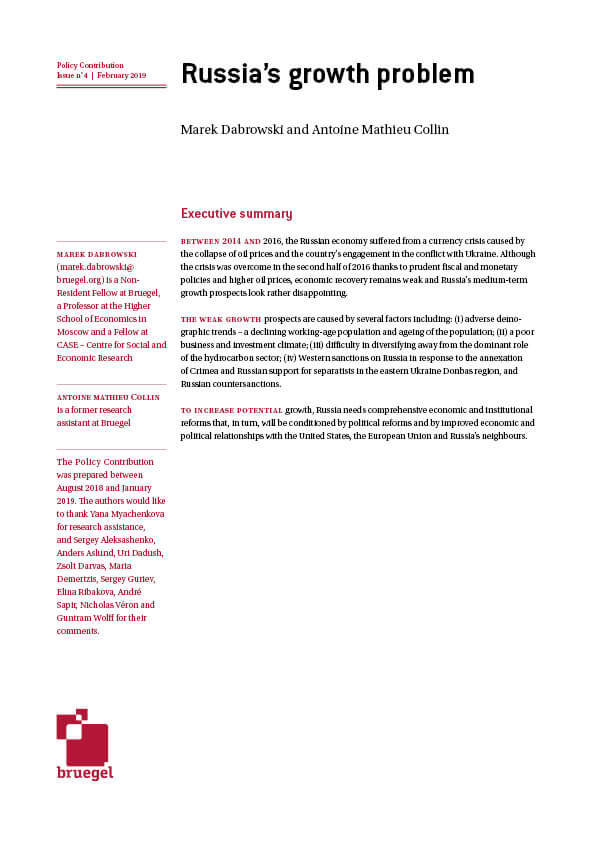Former scholars

Antoine Mathieu Collin
Former research assistant
Antoine Mathieu Collin, a French citizen, works as a Research Assistant at Bruegel. Before joining Bruegel, he worked as a free-lance consultant for various financial firms and start-ups. Previously, a has been an intern in the Directorate General for Economics and Financial affairs of the European Commission, in the French Ministry for the Economy and Finance and in the French Embassy in Slovenia.
After a preparatory class with a major in Mathematics, he graduated from the HEC Paris business school in 2017. He also holds a Master in Public Administration from Sorbonne and a Master in Macroeconomics (Panthéon-Assas University).
Antoine’s is interested in such research fields as Macroeconomics, Finance, Computational Economics and Network Economics. During his master thesis in Macroeconomics, he designed algorithms to compute contagion effects in random banking networks.
Aside his native French, he is fluent in English, Spanish and Italian.




